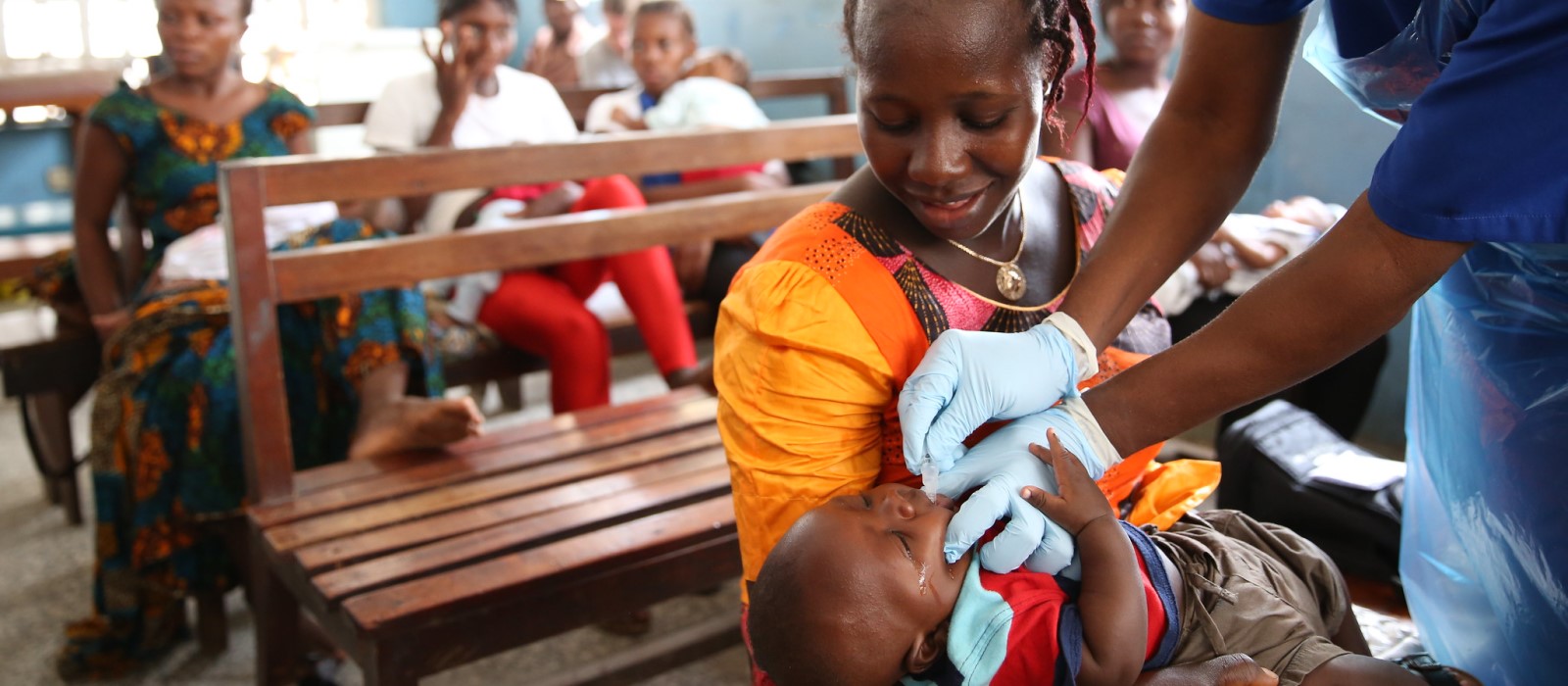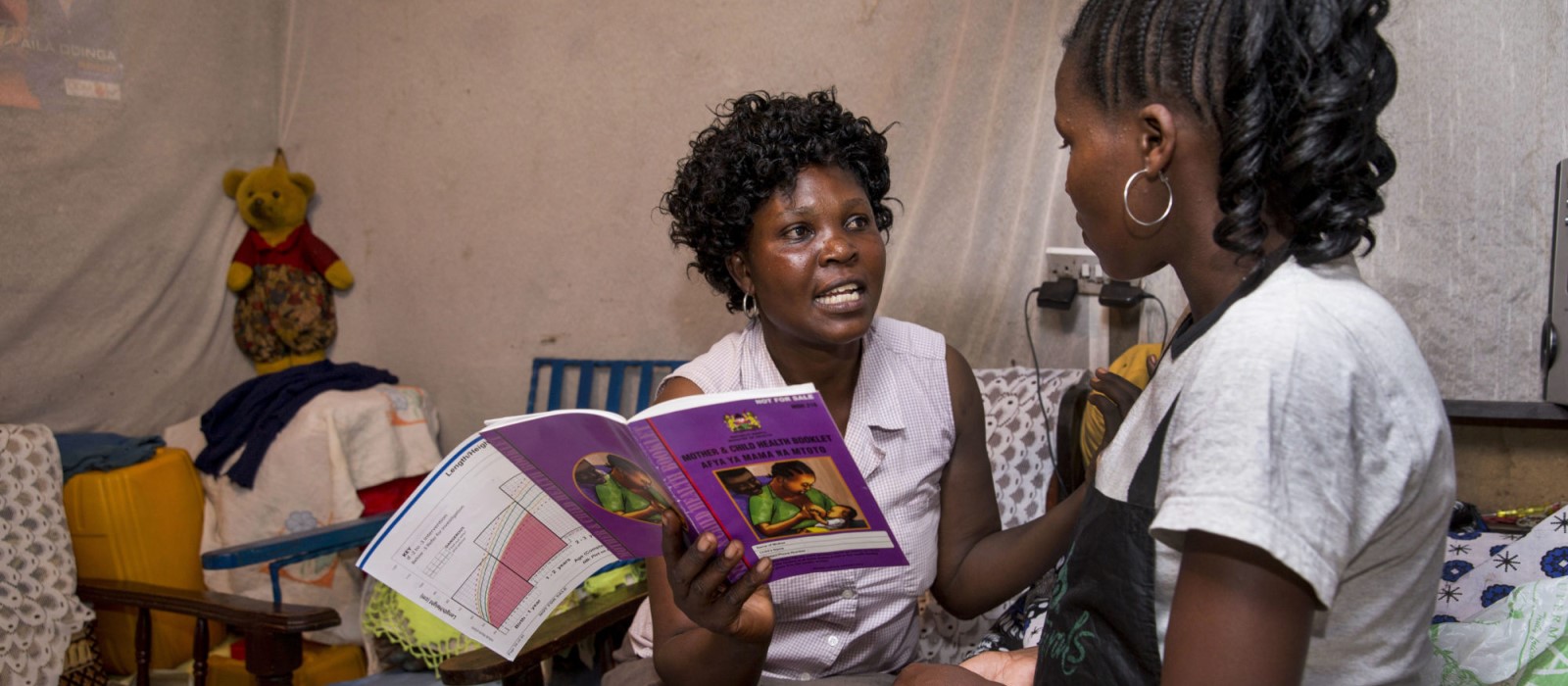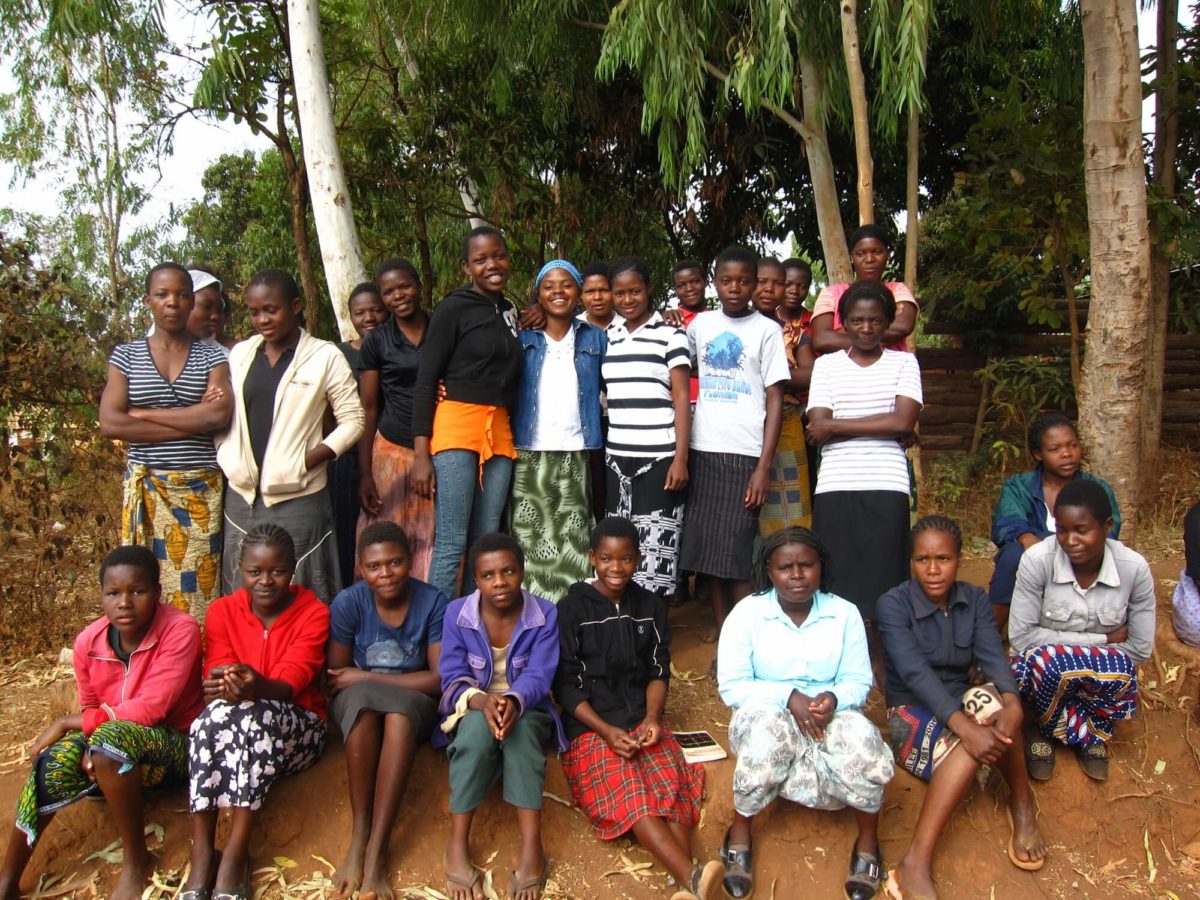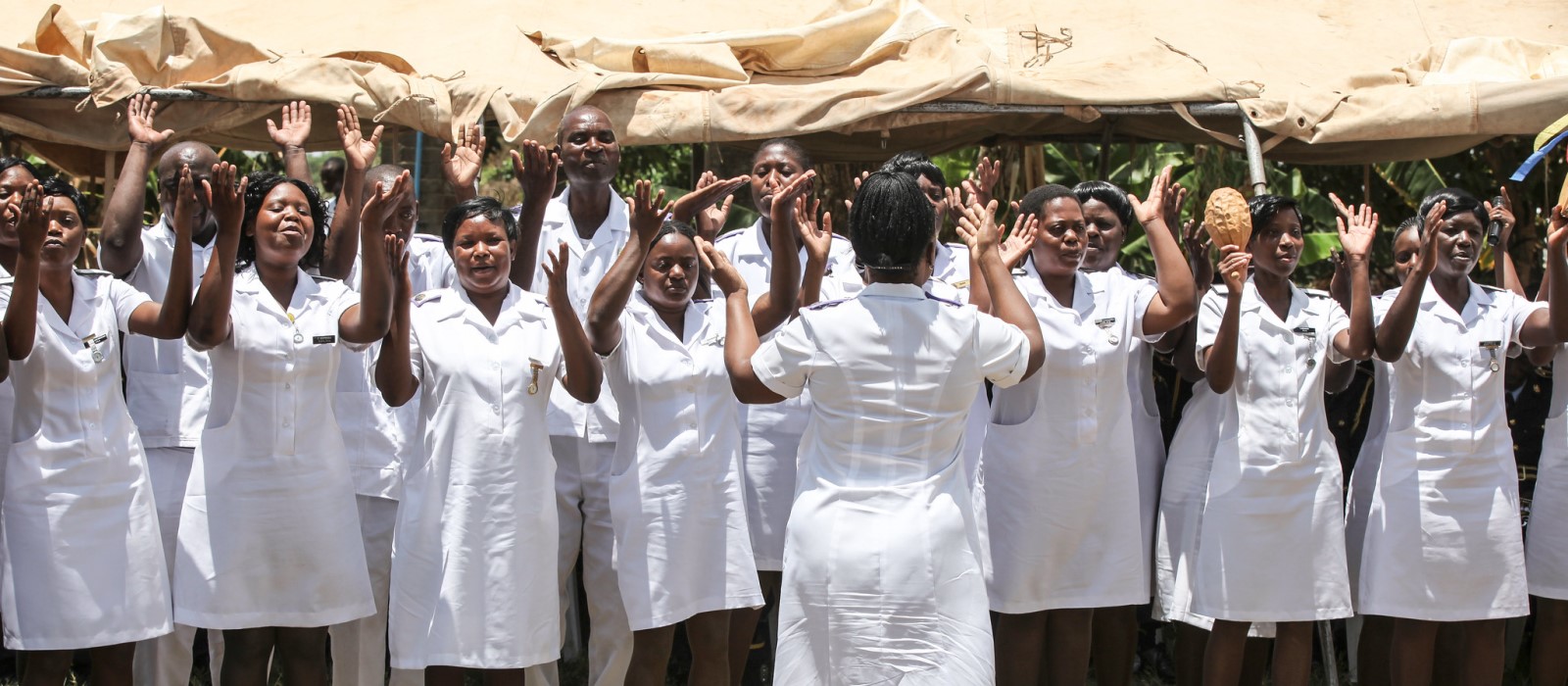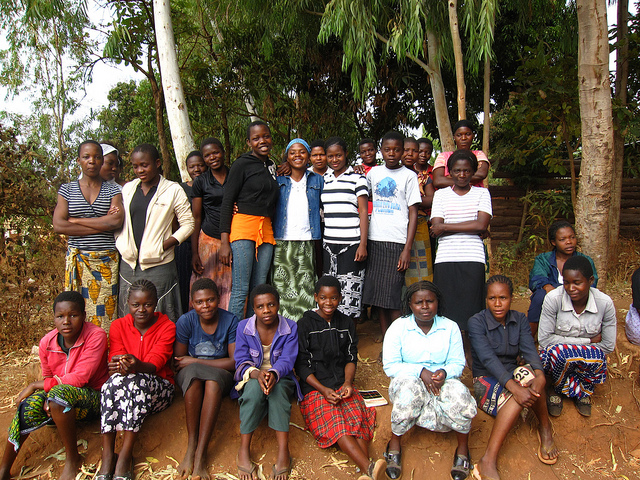
Behavioral Economics in Reproductive Health Initiative
Motivation
The Behavioral Economics in Reproductive Health Initiative (BERI) was a coordinated program of research, launched in 2013 with support from the Hewlett Foundation, to improve reproductive health decision-making and outcomes in sub-Saharan Africa. Although significant structural barriers to high-quality reproductive health services still persist in most developing countries, individuals often face additional behavioral barriers that affect take-up. These can include universal individual-level biases such as habits or present bias as well as biases among health care providers and social norms. BERI provided funding for affiliated economists, psychologists, and public health researchers to partner with governments and NGOs to test interventions designed to improve reproductive health decision-making. BERI funded seven studies in seven countries on topics including soft skills, goal-setting, and social incentives.
Activities
To achieve our aim of advancing policy-relevant behavioral science for improved health in developing countries, CEGA actively encourages research that integrates psychology and economics. To facilitate this, BERI provided catalytic funding for affiliated researchers and implementing partners to conduct rigorous impact evaluations of programs that test behavioral interventions for improved health in developing countries. Dedicated CEGA staff synthesized research findings and developed partnerships with decision-makers to ensure that policies are informed by evidence and that effective programs are promoted and scaled.

